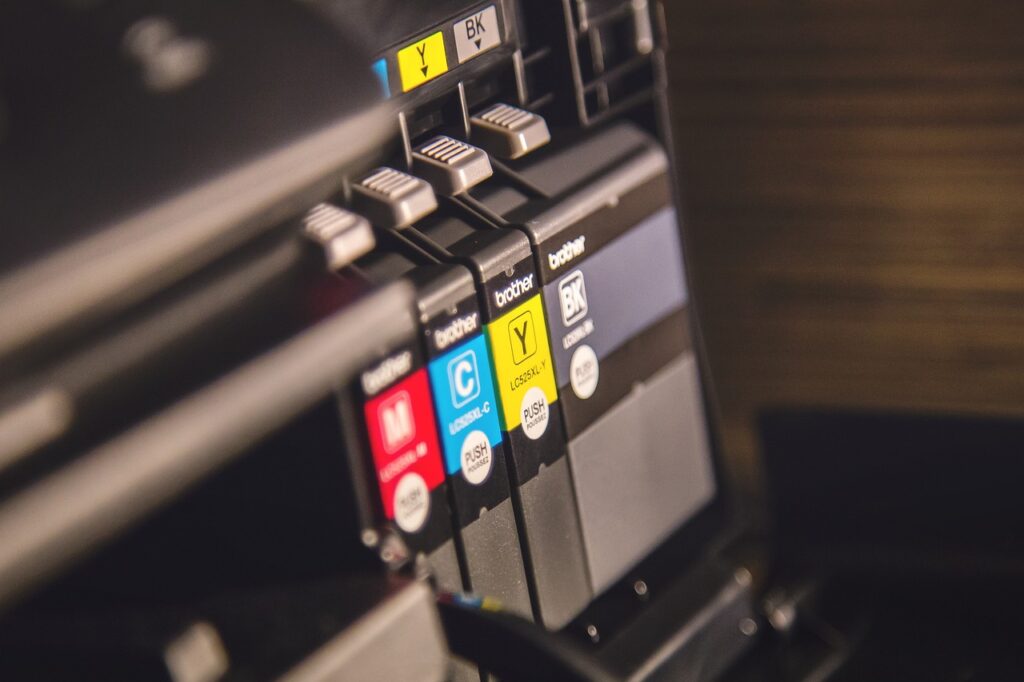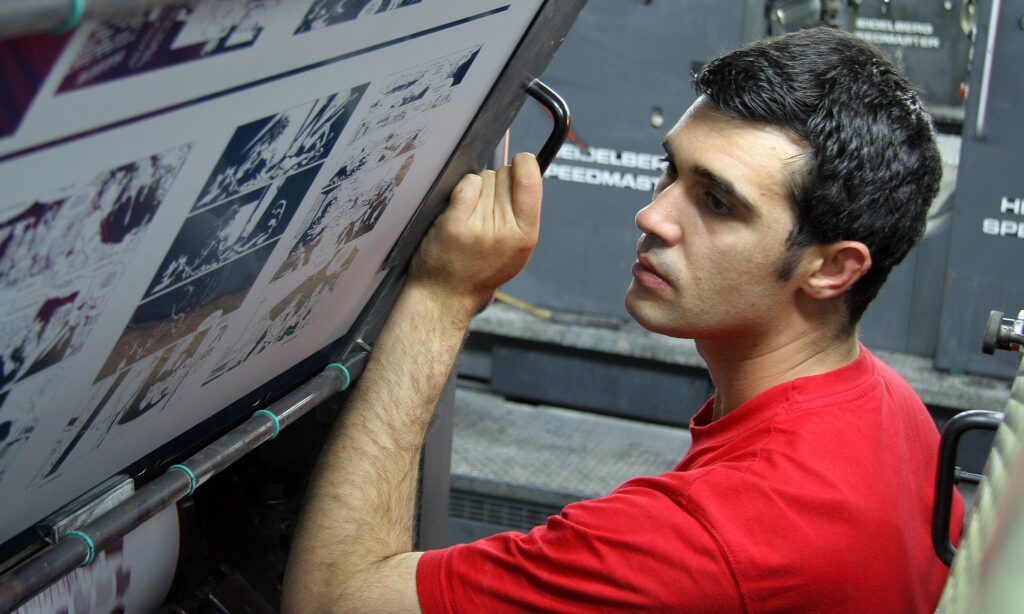Introduction to Print
Print remains a powerful medium for businesses, marketing, and branding. Whether it’s business cards, brochures, banners, or product packaging, high-quality print enhances brand recognition and professionalism. Understanding different print techniques and trends is essential for achieving the best results.
In this guide, we’ll explore the latest print technologies, best practices, and expert strategies to ensure professional, eye-catching, and durable printed materials.
Why Print Still Matters in 2025?
Despite the rise of digital marketing, print continues to play a vital role in business and branding due to its:
- Tangible Impact – Physical materials leave a lasting impression.
- Brand Authority – Well-printed materials build credibility and trust.
- Personal Touch – Print marketing feels more personal and engaging.
- Longevity – Unlike digital ads, printed materials remain visible over time.
10 Best Print Techniques for High-Quality Results
1. Offset Printing
Ideal for large-scale printing, offering high-quality and consistent results.
2. Digital Printing
Cost-effective for short runs with quick turnaround times.
3. Screen Printing
Great for printing on textiles, promotional items, and specialty products.
4. UV Printing
Delivers sharp, vibrant prints with enhanced durability.
5. Letterpress Printing
A traditional printing method that adds texture and depth.

6. Embossing & Debossing
Creates raised or recessed effects for a premium look.
7. Foil Stamping
Applies metallic or glossy finishes for an elegant appearance.
8. 3D Printing
Used for product prototyping, packaging, and unique marketing materials.
9. Large Format Printing
Essential for banners, posters, and outdoor signage.
10. Variable Data Printing
Perfect for personalized marketing campaigns and custom branding.
Best Practices for High-Quality Print Materials
1. Choose the Right Paper Stock
The quality of the paper affects the overall look and feel of printed materials.
2. Use High-Resolution Images
Ensure crisp, professional-quality prints by using 300 DPI images.
3. Select Proper Color Modes
Use CMYK for print instead of RGB to achieve accurate color reproduction.
4. Optimize Typography
Use readable fonts and proper spacing for a professional design.
5. Test Before Large Runs
Always print a sample before committing to bulk printing.
Latest Trends in Print Industry for 2025
1. Eco-Friendly Printing
Sustainable materials and biodegradable inks are gaining popularity.
2. Augmented Reality (AR) Integration
Printed materials with QR codes and AR features enhance engagement.
3. Metallic & Neon Inks
Vibrant ink options make printed products stand out.

4. Smart Packaging
Interactive packaging with scannable content is a rising trend.
5. Minimalist & Bold Designs
Clean, simple layouts with strong typography dominate print designs.
Common Mistakes to Avoid in Print Projects
- Low-Resolution Graphics – Results in blurry and unprofessional prints.
- Ignoring Bleed & Margins – Leads to improper cutting and formatting.
- Choosing the Wrong Paper – Affects durability and overall quality.
- Poor Color Calibration – Colors may not print as expected.
Final Thoughts on Print in 2025
Print remains a crucial part of marketing, branding, and business communication. By understanding modern printing techniques and trends, you can create high-quality printed materials that leave a lasting impact. Whether for business cards, brochures, or promotional materials, investing in quality print ensures professionalism and brand recognition.
Stay ahead in 2025 by leveraging the latest print innovations, optimizing your designs, and choosing the best materials for outstanding results.

